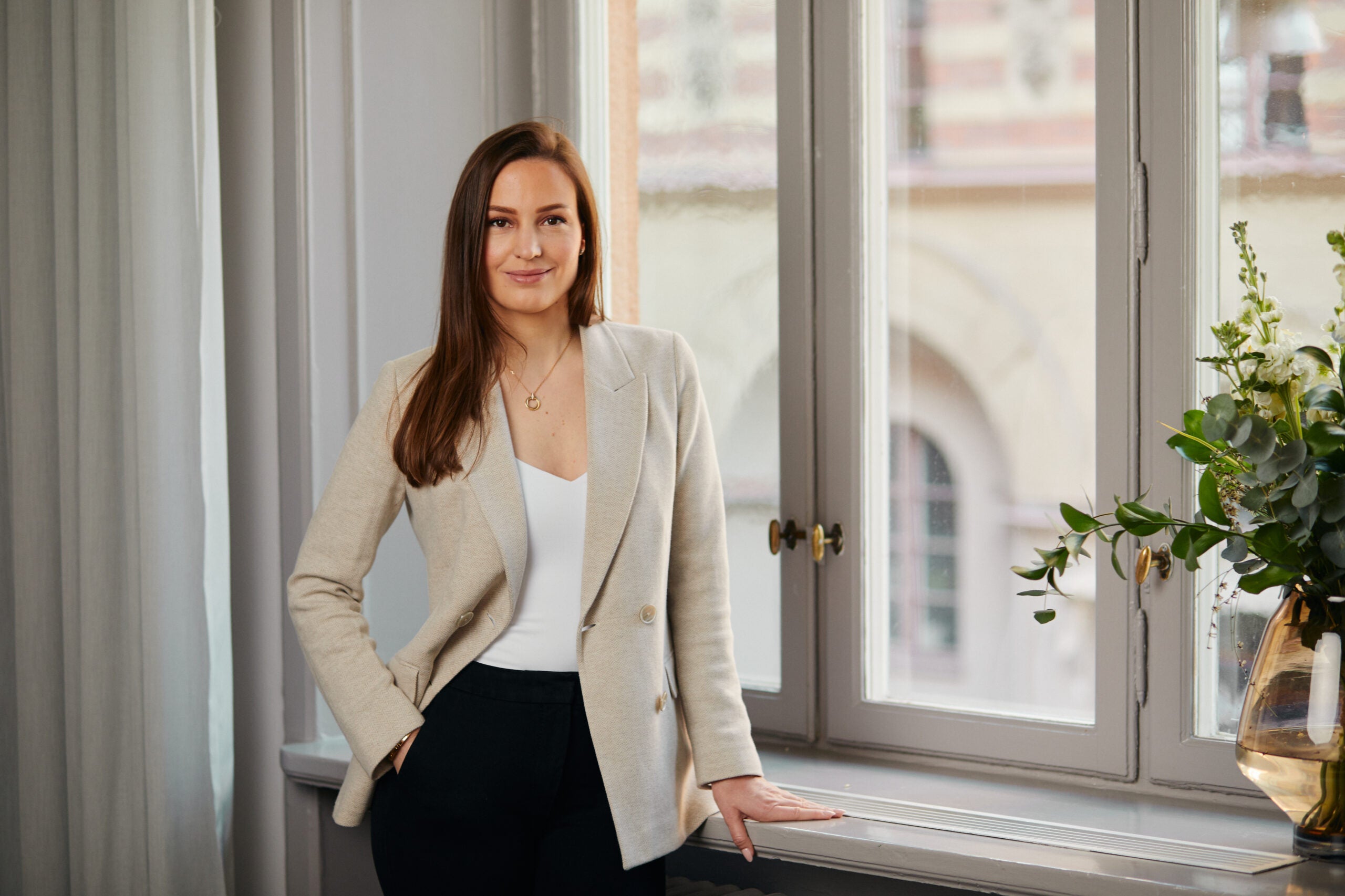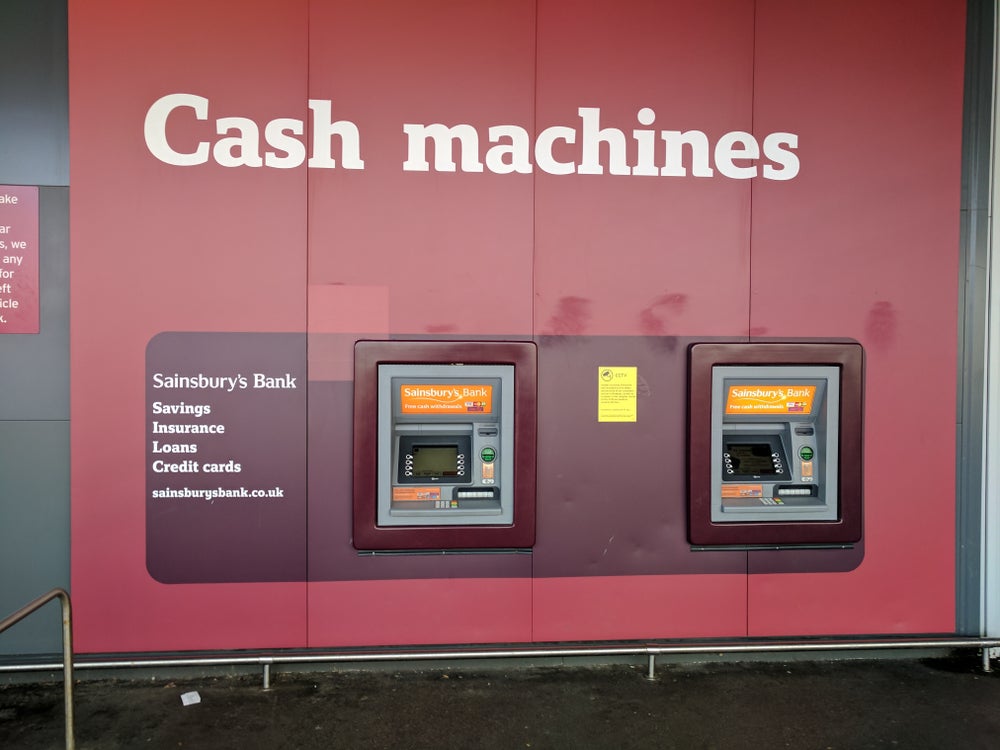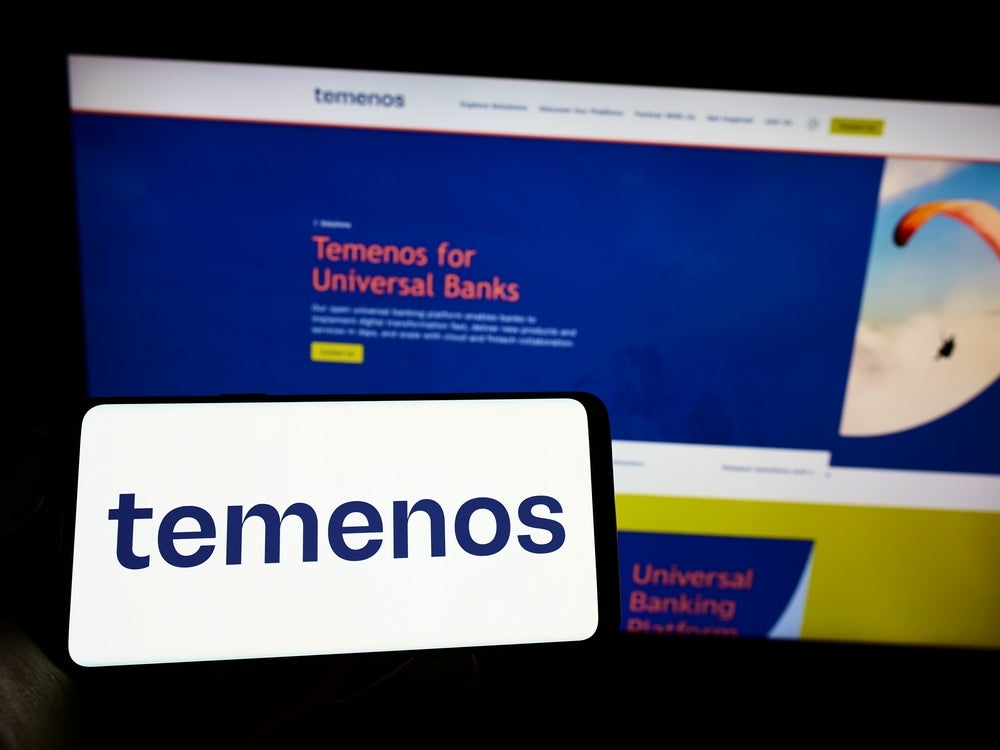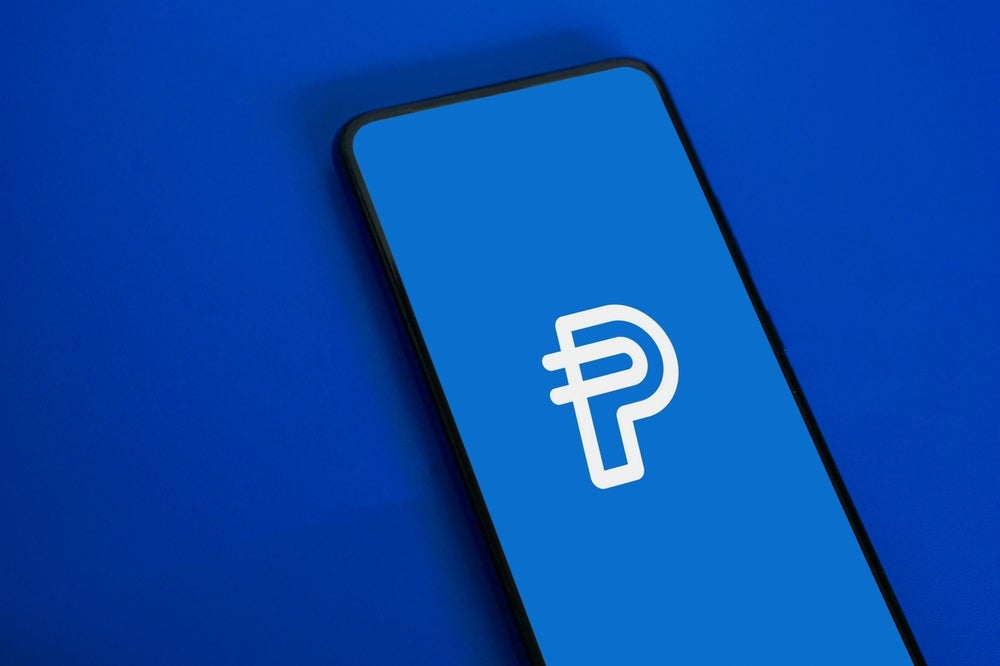
Lena Hackelöer had no intention of becoming a member of the Klarna Mafia. In April 2010, she was finishing her studies in international business and marketing at ESCP Business School in Paris. Like many of her peers, she was looking at getting into management, consulting or investment banking. “The things you think are smart when you’re young,” she tells Verdict. A fringe financial services startup in Stockholm wasn’t what she had in mind.
However, two things changed her plans. The first was that Klarna tapped her to come join the growing company. The second was that a volcano erupted. The two separate events would not only give her a front row seat to the first few years of the Swedish quadradecacorn’s international growth, but also pave the way for her setting up her own fintech startup: Brite Payments. The payment processing startup is currently gearing up to raise a Series A round, having already raised €10m in angel investor money. At the same time, she’s setting an example in an industry tormented by inequality.
Of course, the Brite CEO knew nothing about that at the time. She’d flown into Stockholm for the interview after her thesis on fast-growth startups had attracted the attention of the Klarna HR department. Despite being flattered by the attention, she remained unconvinced after her first interview with Sebastian Siematokowski, co-founder and CEO or Klarna. “I thought ‘Maybe this isn’t really right for me so I’ll just go back to Paris,'” Hackelöer says.
Then Eyjafjallajökull erupted. The Icelandic volcano had laid dormant since its last eruption in 1821, but seismic activities had been recorded since the end of 2009. Then, on March 20, 2010, molten lava ripped through Eyjafjallajökull. On 14 April, the eruption entered a second stage when a massive ash cloud lunged itself from the active volcano. For the next two weeks, airplanes found themselves stranded across Europe. At the time, it was the biggest air traffic interruption on the continent since World War II.
For the future Brite CEO, the ash cloud would change her career by stranding her in Stockholm. Having left the first interview with Siematokowski with no intention to do any follow-up interview, Eyjafjallajökull’s eruption changed her mind.
“All air traffic over Scandinavia was cancelled and there really was no way for me to leave the country,” she recalls. “And so I thought, ‘Okay, well, now that I’m stuck here, I might as well come back for a second interview.'”
How well do you really know your competitors?
Access the most comprehensive Company Profiles on the market, powered by GlobalData. Save hours of research. Gain competitive edge.

Thank you!
Your download email will arrive shortly
Not ready to buy yet? Download a free sample
We are confident about the unique quality of our Company Profiles. However, we want you to make the most beneficial decision for your business, so we offer a free sample that you can download by submitting the below form
By GlobalDataThe second interview went much better. She was impressed by the Klarna CEO’s vision for the company and decided to give it a shot. “It was a complete coincidence,” she says.
Kicking off the Klarna train
Today, buy-now-pay-later (BNPL) is one of the hottest topics in the fintech space. While it’s been around in one form or another for decades, the modern BNPL industry exploded during the pandemic. The growth is linked to the accelerated adoption of online shopping. As more customers used ecommerce platforms, they also increasingly opted to chop up their payment in instalments. As a result, the sector is expected to keep growing to be worth $166bn by 2023, according to GlobalData’s thematic research.
When Hackelöer joined Klarna in 2010, she had no idea how the industry would evolve. “Nowadays Klarna is obviously this shiny, massively successful unicorn, but when I started, it wasn’t at all clear that we were going to be on that path,” Hackelöer says. “We were absolutely fast growing, but that there were a lot of bumps in the road. “
Or, to put it another way, she was too busy putting out fires. Her first priority when joining Klarna was to oversee the marketing of the company’s expansion into Germany and the Netherlands. Those were the first two markets Klarna had ever expanded to outside of Scandinavia. Hackelöer grew up in Germany so she was able to navigate some of the cultural differences, such as Swedes used to horizontal businesses structures having to work alongside more hierarchically focused Germans.
However, the biggest challenge the Klarna team encountered was the different ways Germans and Swedes protected their data. Sweden has, at least in the past, been reasonably liberal with how data could be shared. This is one of the reasons why the nation spawned the Pirate Party in 2006. The party was formed out of a coalition of members from the BitTorrent sharing platform the Pirate Bay and privacy advocates. The party ended up having seats in the European parliament for about a decade. Things were very different in the new market Klarna entered. “Data protection in Germany hit us pretty hard,” Hackelöer says.
In Sweden, you can pretty much look up everyone’s credit history with ease. That wasn’t the case at all in Germany, the future Brite CEO remembers. “All of a sudden we had to handle lots of upset consumers that realised they’ve been credit scored, seemingly without their knowledge, even though they, of course, had agreed to it in the terms and conditions,” she explains. “So there were these small little fires that had to be put out on a weekly basis for years, until we got to a more stable operation.”
Despite the stress, Hackelöer talks about those years with a big smile on her face. “It was an amazing time, to be perfectly honest with you,” the Brite CEO says. “As an organisation, one of the things that they had done extremely well was the level of talent they’ve brought in. So if I look back now, having more experience, both as an entrepreneur and also in other companies having hired and knowing how difficult is to find good people, it was just an amazing set of people at that time, with an extremely high intrinsic motivation. Everybody really, really wanted to make it work.”
Several of her friends from that time have moved on to form the so-called Klarna Mafia. This refers to a group of entrepreneurs who cut their teeth at Klarna and then moved on to form a smattering of tech startups. The list of startups formed by previous Klarna employees include debt refinance app Anyfin, neobank PFC, mobile payment startup Zimpler and impact hub Norrsken Foundation, which invests in startups.
“I would probably take issue with the term mafia if it wasn’t for the fact that it’s the reference to the PayPal Mafia,” she Hackelöer laughs when the term is brought up. The PayPal Mafia refers to the group of founders that started to fintech giant and has since moved on to form massive companies in the tech industry. That group included the likes of Tesla CEO Elon Musk, and Palantir chairman and Facebook investor Peter Thiel.
However, Hackelöer stands out in the Klarna Mafia for one reason: she’s the only woman. To her, this underscores the big problem the industry has with inequality. “I think tech definitely has a diversity issue,” the Brite CEO says.
She argues that it is “impossible to reach 50% male-female ratio” because the tech industry is so male dominated, with most engineers being male.
However, as a female founder, she has noticed that she receives more female candidates who wants to work for a woman. “I think they assume that a business that is female led will maybe have less gender bias,” Hackelöer say. “And that has made me very fortunate to have amazing women on the team and I’m super happy about that. I like to hire women. Myself, I’ve never reported to a female.”
She hopes that by being a successful female founder, she can pave the way for both women and people of other backgrounds by being a role model.
Leaving Klarna
Hackelöer left Klarna in February 2017 to join consumer fintech company Qliro. “After seven years, I think there was no logical next step for me [at Klarna],” she says. “Because, given my background and my expertise, I had sort of worked with the areas that I felt I could contribute to best.”
Qliro offered her an opportunity to leverage her experience as its chief product and marketing officer. That meant she could stay at the coalface of a fast-growing business where she could really have an impact. One year later she was promoted to CEO. However, her tenure would be cut short. “I really wanted to start my own business,” Hackelöer says.
The idea behind the startup that would end up being Brite had been brewing for years. At Klarna, Hackelöer had worked intimately with Sofort, the payment processing company the BNPL $45.6bn business acquired in 2013. Sofort essentially enabled consumers to make payments directly from their bank accounts. Qliro had, instead, opted to use the services of Trustly.
“Trustly, on the other hand, had a different business model where they took full receipt of the funds and they were also handling the payouts,” she explains.
She describes Brite as a middle way between the two. The startup handles payments instantaneously between customers and merchants and vice verses, taking full receipts like Klarna would. Like many other fintehc starups, it leverages open banking and APIs to connect with banks.
“Usually tell people that we are an online payment method that lets you pay an online business using your bank account [in] any kind of purchase situation online at any retailer,” ,” the Brite CEO says. “Whether you buy clothes, shop for furniture, sign up for an online streaming service,then you can pay that with Brite. And you can also get paid with Brite directly to your bank account by an insurance company, a lending business, a gig economy platform within just a few seconds.”
Becoming the CEO of Brite
Hackelöer founded Brite in March 2019 together with Robert Arnesson, who joined from serving as CTO at trust service provider ZealiD. She says that the decision to bet on a startup of her own came after a lunch with a man who’d become the startup’s first investor. “He said ‘You should do it and I’ll give you the money,'” she recalls. “So he almost convinced me to do it.”
Since launching, the company has been able to raise €10m from a group of angel investors, including the founder of video game Minecraft and people with links to the Swedish casino industry. While Hackelöer won’t comment on the company’s valuation, she reveals that Brite is now gearing up to raise a Series A round.
“We are going to be doing a bigger round this year and we’re loosely speaking to investors already,” the Brite CEO says. “We don’t have a pitch deck with a set number that we want to get, but we are speaking to investors around sort out who would be a good long term fit to the business.”
It hasn’t been smooth sailing though. One year into the venture, Covid-19 hit.
Just like with many other companies, Brite had to adapt to the pandemic. That meant introducing things like remote working and setting up meetings with clients via Zoom. Hackelöer says the startup was able to overcome these hurdles partly thanks to it being small and nimble.
“What was definitely different was hiring, digitally, selling digitally, we’re a payment provider so our target group are primarily retailers,” she says. “So not being able to take any physical sales meetings, that was definitely a change.”
Despite these challenges, Brite has been able to grow its staff to roughly 70 employees. It also managed to sign up several banking partners to believe in the startup and to expand to 21 markets. Now, the focus is to set up local sales teams across these European markets and to solidify its reach. “That’s basically our mission for this year,” Hackelöer concludes.






